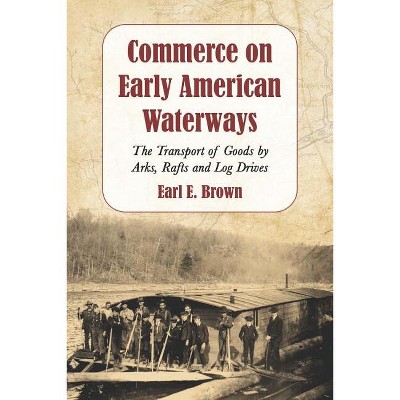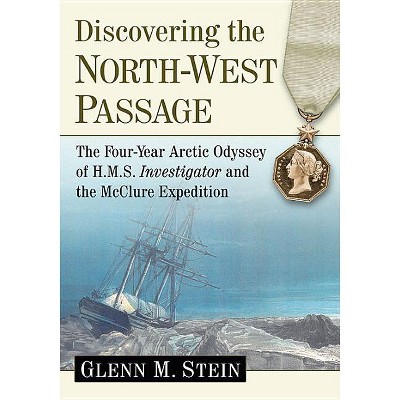Sponsored

Shanghaiing Sailors - by Mark Strecker (Paperback)
In Stock
Sponsored
About this item
Highlights
- "Shaghaiing," or forcing a man to join the crew of a merchant ship against his will, plagued seafarers the world over between 1849 and 1915.
- About the Author: Researcher Mark Strecker writes about current and historical events on his website, Mark Strecker's Historical Perspective (markstrecker.com).
- 260 Pages
- Transportation, Ships & Shipbuilding
Description
About the Book
"Shaghaiing," or the forcing of a man to become part of the crew of a merchant ship against his will, plagued the seafaring world between 1849 and 1915. Those who perpetrated this were known as "crimps," people with no respect for a man's education, social status, race, religion, or seafaring experience. The merchant ships were involved in such trade as opium, tea and gold and the practice was spurred by the opening of the Suez Canal. A major reason for the practice was a shortage of sailors and the unwillingness of seamen to set foot on certain types of ships. Seamen suffered from great deprivations, including tyrannical officers who really could get away with murder, bad food and dangerous conditions--all for a paltry sum usually squandered during shore leave. The world's navies had their own form of shanghaiing called impressment. Britain's Royal Navy pressed American merchant seamen en masse. Joshua Penny found himself fighting a British war on the Cape of Good Hope; he deserted and spent a year living with Dutch colonists and the native people. Pirates, too pressed men: Aaron Smith, an English navigator, suffered from this fate, and served with Cuban buccaneers for a year before escaping.Book Synopsis
"Shaghaiing," or forcing a man to join the crew of a merchant ship against his will, plagued seafarers the world over between 1849 and 1915. Perpetrators were known as "crimps," and they had no respect for a man's education, social status, race, religion, or seafaring experience. The merchant ships were involved in the opium, tea and gold trades, and the practice was spurred by the opening of the Suez Canal. A major reason for it was a shortage of sailors and the unwillingness of seamen to sail on certain types of ships. They suffered from great deprivations, all for a paltry sum usually squandered during shore leave. Navies and pirates had their own form of shanghaiing called impressment.
This work explores the rich history of shanghaiing and impressment with a focus on victims and also considers the 19th century seafarer and the circumstances that made shanghaiing so lucrative.
Review Quotes
"fascinating examination.... Strecker is to be praised for his unyielding sensitivity toward the plight of the maritime labourer...interesting, well-written"-The Northern Mariner/Le marin du nord.
About the Author
Researcher Mark Strecker writes about current and historical events on his website, Mark Strecker's Historical Perspective (markstrecker.com). He lives in Norwalk, Ohio.Shipping details
Return details
Trending Non-Fiction











